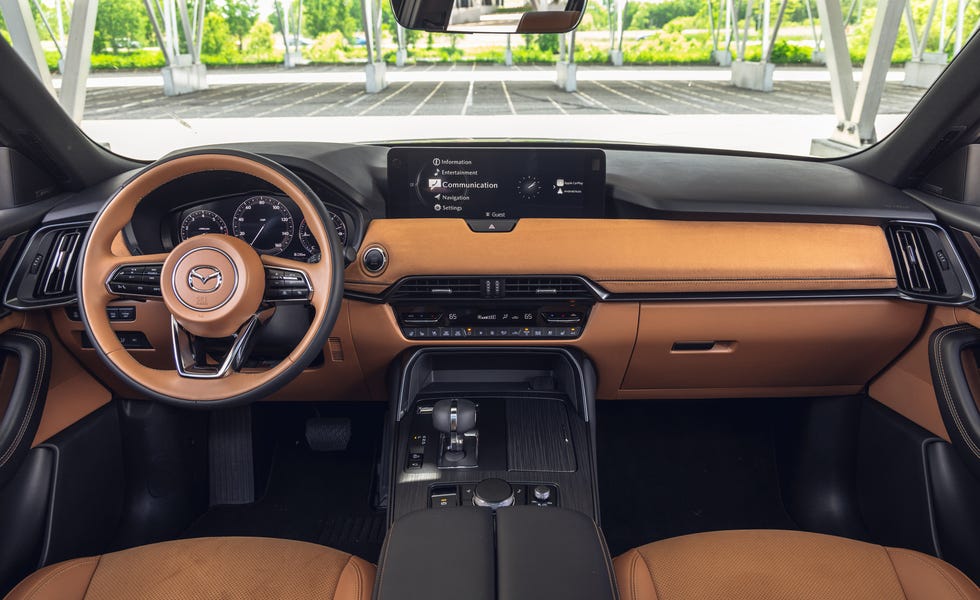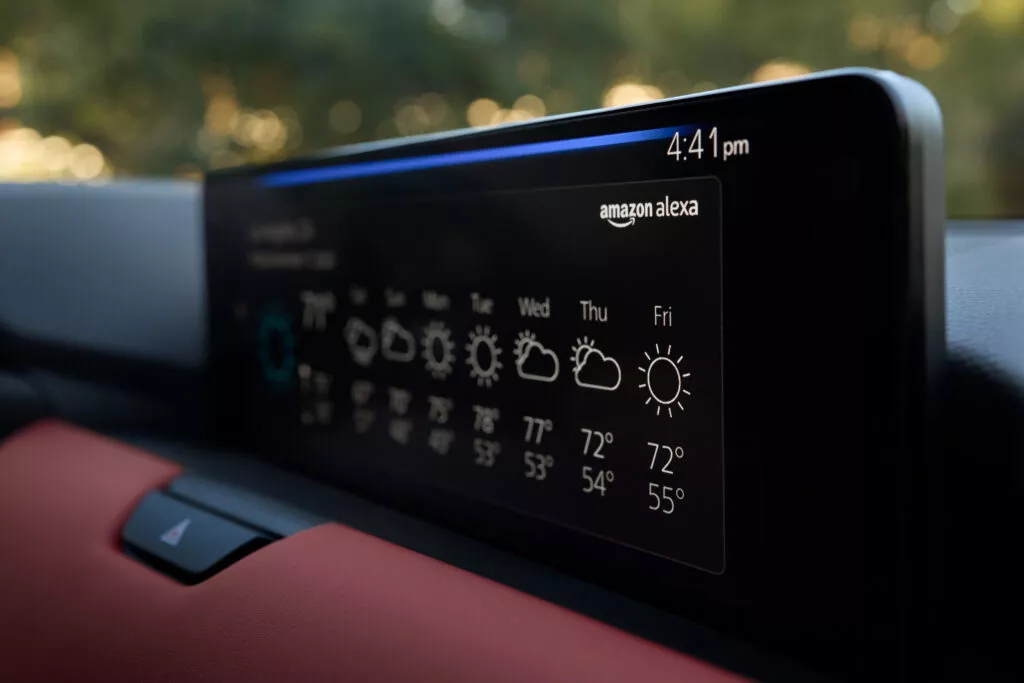Fusion reactors are incredibly complicated.... This is a research reactor, with the goal of figuring out how to create sustainable fusion for real world uses by 2050.
This is not a performative action for a determinative outcome, this is aspirational and has no guarantee of achieving its goals, which is good. This type of research and science needs to be funded, even when it may fail.
Maybe this will spurn competition between powers to accelerate their own fusion reactor research, and create a virtuous cycle that accelerates this technology becoming a major source of green energy in the near, or medium-term, future.


This answer is very different depending upon your life circumstances.
A single person with fixed income, is different than a two income household with children. I'm not saying they can't both reach the same conclusion, just at their circumstances justify different choices being valid.
There's also your technical proficiency, and pain tolerance for saving money.
For example, you could eliminate all external services, self-host everything, and then configure an S3 object storage provider for critical cold storage backups. That might also require you spending a bit more upfront to expand your NAS storage capacity.
While that may save you a bunch of money in the long term, it will definitely cost you a lot of time and effort.
What's convenient for you? What can you not afford to lose access to? What's your budget? How much time do you have to manage different solutions?
Those aren't questions for you to provide me answers for, just some of the considerations that will impact different people's answer to this question.